#gullah geechee
Text
I think people shouldn't be allowed to look at an African American who complains about America and tell them to leave.
Why?
We were brought here against our will. We built this shit show and contributed to the culture. We suffered at the hands of EVERYONE else who happened to be here. Certain Native American tribes included. Uh-huh. We didn't forget.
Oh, and we're still being shot due to the "They're dangerous' stereotype. We're are forever fetishized.
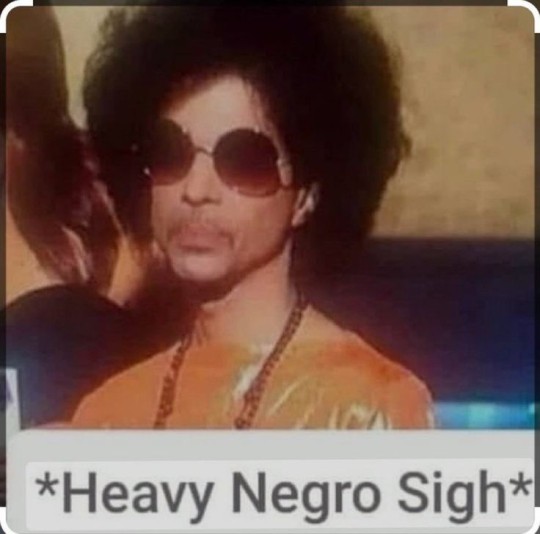
And even if we do leave the country, we're at the bottom of the barrel on this planet because we're black and AMERICAN!
Everyone legitimately dislikes us for whatever irrational reason. Whether it's because they think we're all gun happy druggies with no culture or because they think we're not well behaved and always rude. Promiscuous is what they see when they look at our women. It's despicable to me.
No matter where we go, we're gonna be treated the same, just in other places, they won't try to kill us, and it's less likely I'll turn up dead.
So no.
You don't get to tell me to leave. You can get your shit together and fix this mess you call a country and SAY THANK YOU!
#african american history#african american#african american culture#gullah geechee#black americans#black culture#black history#black people#black lives are precious#black lives matter
174 notes
·
View notes
Text
I need y’all attention for just a few minutes, I know I haven’t been on here much but if y’all could please sign and share this petition to show support for the Gullah Geechee community!
Here is a screenshot of what is going on.
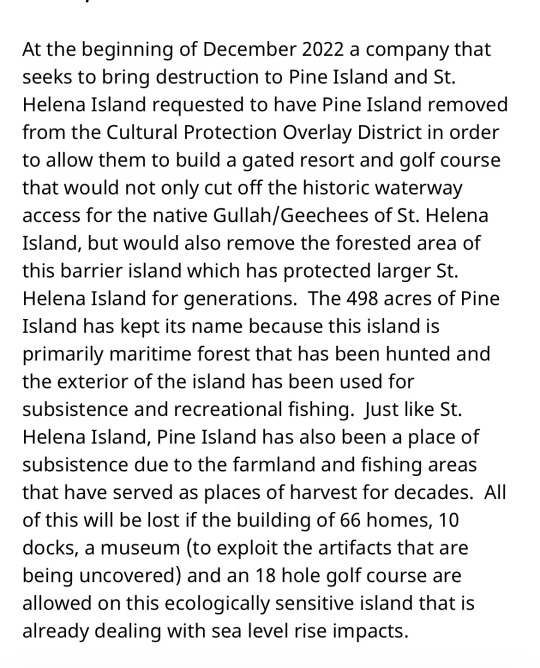

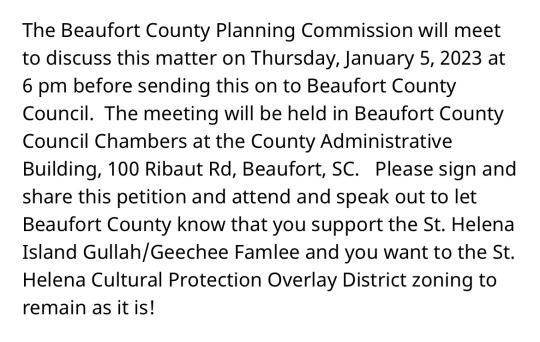
#black spiritualist#gullah geechee#black tarot readers#african american culture#black tumblr#raise awareness#protect the environment
1K notes
·
View notes
Text
Listen for the voices of your visions; they are nearby. Remember that you are a river; your banks are red honey where the moon wanders.
Ntozake Shange, from Sassafrass, Cypress & Indigo
106 notes
·
View notes
Text
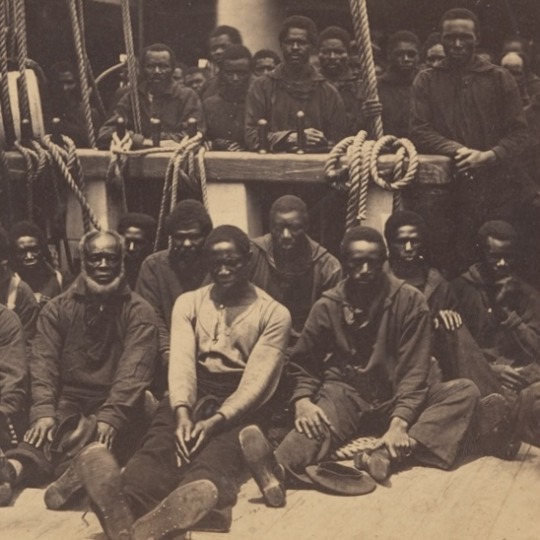
Historians from Southern Illinois University in the Africana Studies Department documented about 20 title words from the Kikongo language are in the Gullah language. These title words indicate continued African traditions in Hoodoo and conjure. The title words are spiritual in meaning. In Central Africa, spiritual priests and spiritual healers are called Nganga.
In the South Carolina Lowcountry among Gullah people a male conjurer is called Nganga. Some Kikongo words have a "N" or "M" in the beginning of the word. However, when Bantu-Kongo people were enslaved in South Carolina the letters N and M were dropped from some of the title names. For example, in Central Africa the word to refer to spiritual mothers is Mama Mbondo. In the South Carolina Lowcountry in African American communities the word for a spiritual mother is Mama Bondo. In addition during slavery, it was documented there was a Kikongo speaking slave community in Charleston, South Carolina
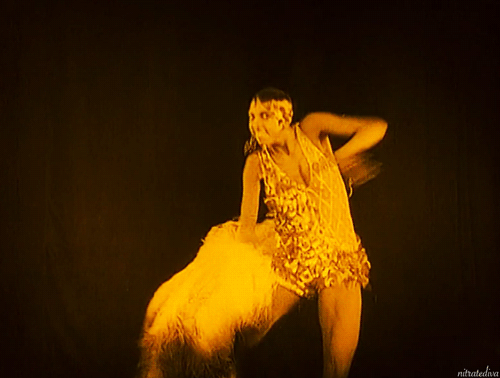
#nganga#mama mbondo#slave community#charlestonch#charleston south carolina#afrakan#kemetic dreams#africans#african#brownskin#brown skin#afrakans#african culture#afrakan spirituality#central africa#kikongo language#gullah#gullah geechee#gullah gullah island
82 notes
·
View notes
Text
African American Culture (Gullah)- Sweetgrass baskets
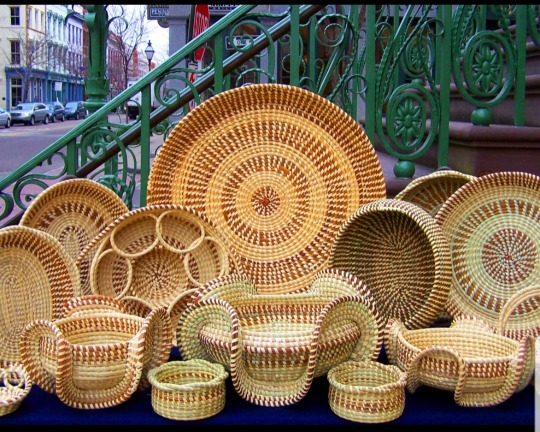
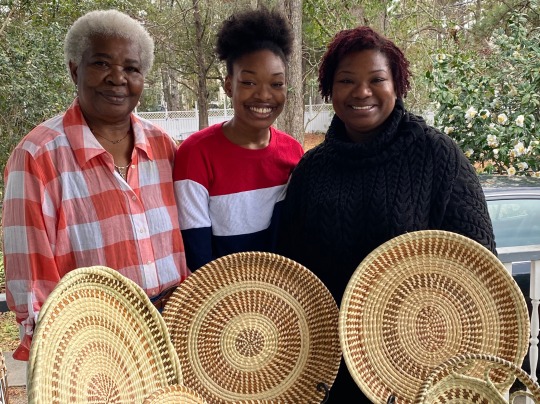
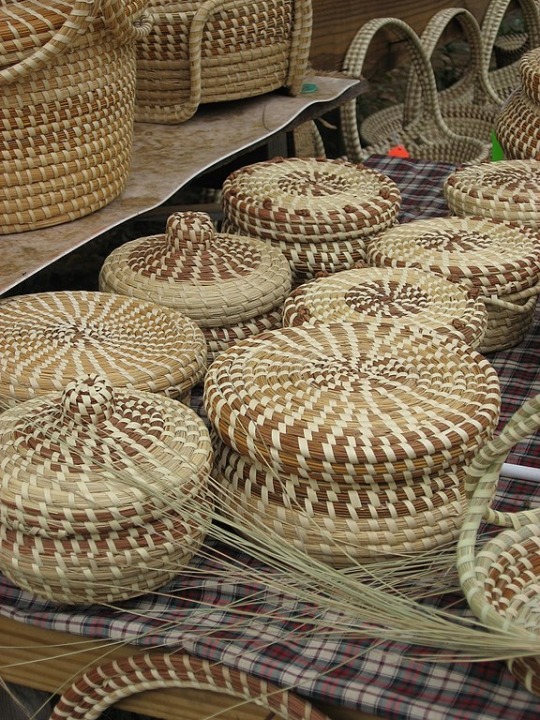

#aa culture#african american#black americans#culture#african american culture#tradition#sweetgrass baskets#gullah geechee#black american culture
81 notes
·
View notes
Text
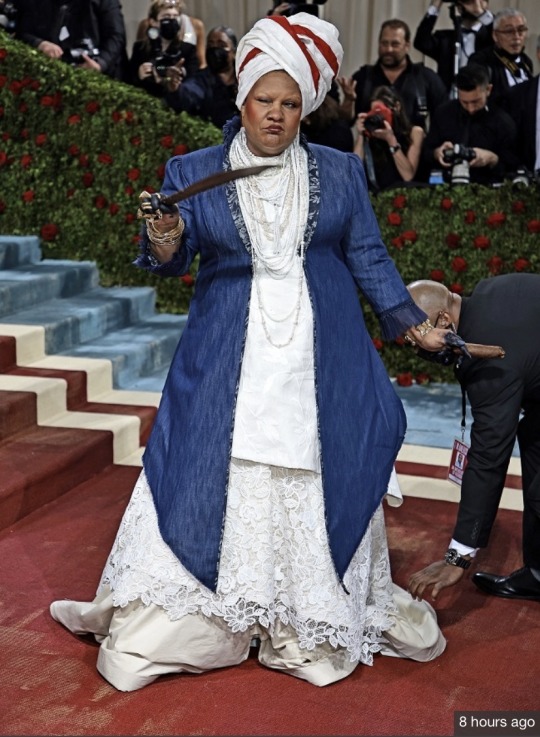
Another look no one Is talking about. TRUE 1880s-1890s. The usage of indigo and the turban, the colors. WHATS NOT CLICKING
#radha blank#met gala#peep the hands yall#historical#10s across the board#machete#melanin#Gullah Geechee#Gullah#indigo
3K notes
·
View notes
Text
ID in Alt Text!
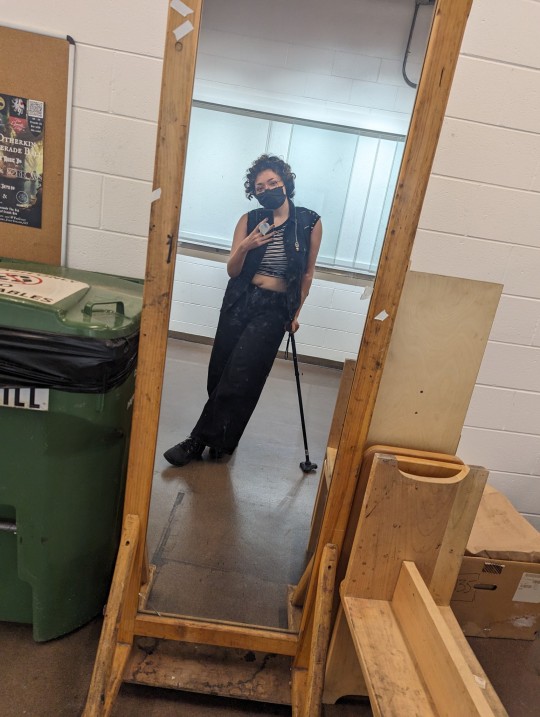
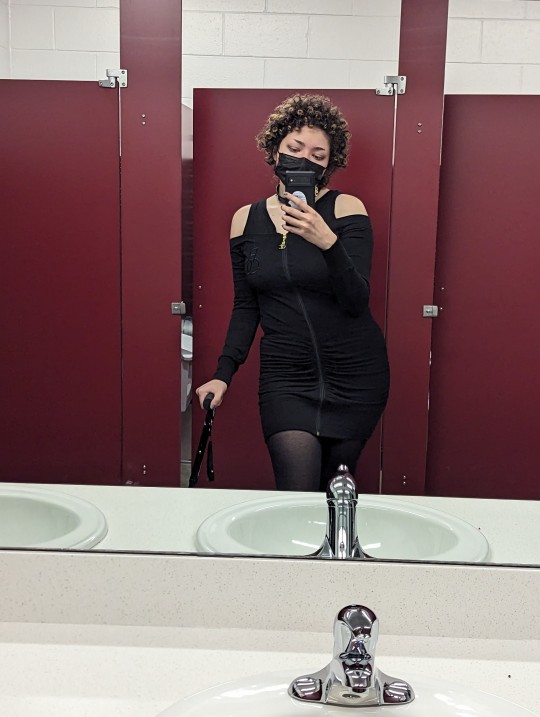
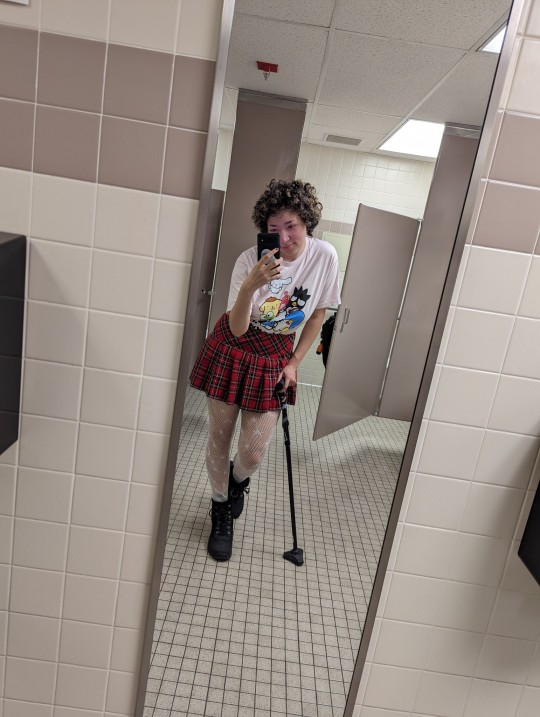
Hey, sorry I haven't been doing my daily outfit posts lately-- I guess I never mentioned why I started them, but it's this personal project that I'm working on where I take a picture (though, in all honesty, it's a lot of pictures lol) in whatever I'm wearing and I feature my cane to promote awareness and give representation to other cane users and members of the cpunk and Physically Disabled community. I'm working on building up the courage to take these pictures outside as well, because I do them on campus, but we deserve to see ourselves outside as well!
The reason I haven't been keeping up with it is because my partner and I have really been really struggling financially as well as with our mental health (and me with my physical health as well, obviously lol) we moved across the country to go to school and it is So Hard-- I had to drop three out of five of my classes because the course work was just too much in volume and I need a job really bad (which is going to be Hard to do since we don't even know why I'm in such chronic pain yet 🙃 it's hard not to feel defeated!)
Either way, I think going to start posting them with the tag #TheVainCanes and #MobilityAidVainity but I'm also going to host a poll for some options bc I want this to be a widespread community thing!
I'm choosing these names because I've seen from both ableds and disabled elitists this idea that we and our mobility aides need to look like they're fresh out the hospital for us to be Believed and deserving of respect, and anything beyond that voids our suffering and invalidates our experiences-- and I think that's reductive, harmful, and just plain wrong! Our mobility aides are an extension of ourselves and we deserve to dress them up however we want. We deserve representation, and the normalization of Joy and Having Personality While Disabled.
This will be intersectional as well (bc. I mean look at me. Also I don't need a reason!) , people from all identities are welcomed and encouraged to join! This is meant to be a celebration of Us, Disabled, BIPOC, LGBTQIA2S+, and All That Jazz! (If you use a mobility aid, you're in!) We're beautiful gorgeous handsome devils and I think we'd do good seeing how good we all look in a designated tag
Also my cash app and Venmo are @/cherubpunque 👀 if anyone has some spare change I could have that would be an amazing help towards feeding me, my partner, and our two cats!!
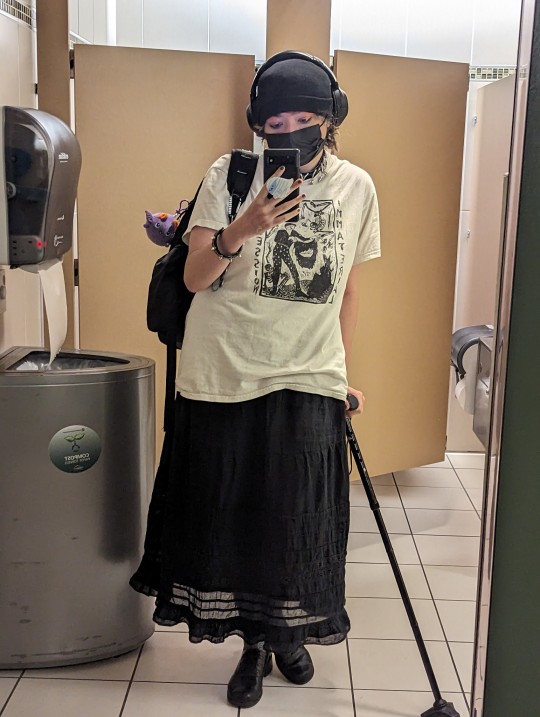

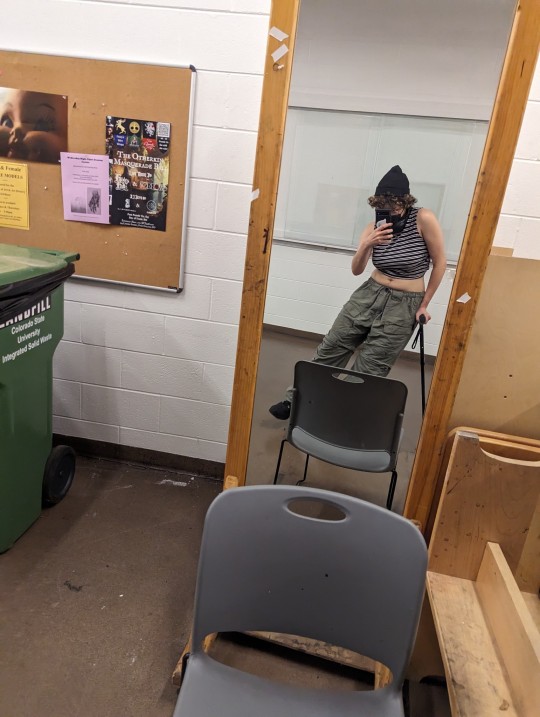
To kick things off, I am a 2S, Afroindigenous person (Gullah and Kanien'kehá:ka!) who experiences chronic pain and fatigue. I have PTSD and a few other brain things going on, less than perfect eyesight, and a great passion for Art, Music, Subculture, and Helping Others whenever and however I can! I'm majoring in art and am working towards becoming a published graphic novelist. Idk I just have a lot of love and support to give, and a big need for love and support for myself as well, and I'm hoping to offer us a good opportunity for us to connect in a space that's just for us! We're already living outside of society's expectations for health, so why should we let these folks decide the way we look while doing it? Express yourself! (I'll also be tagging myself in future as #mothie so you can find me in the tags! Anyways, I gotta go lay down. My back hurts.)
#cpunk#cripple punk#cane user#chronic pain#chronic illness#solarpunk#diy punk#c punk#chronic fatigue#afro indigenous#indigenous#alt subculture#gullah geechee#gullah#self expression#mobility aid#TheVainCanes#MobilityAidVanity#TheVainCanesProject#MobilityAidVanityProject#punk#punk fashion#**i always mask in public!! i just take it off for these photos while im completely alone**#but i do like to spice it up with a fabric mask over it for a little extra fashion#face mask#spoonie#black mutual aid#trans mutual aid#queer mutual aid#indigenous mutual aid
113 notes
·
View notes
Text
#talkin#tik tok#africa#indigenous Africans#gullah geechee#gullah gullah island#nickelodeon#black history#african diaspora
314 notes
·
View notes
Text

A rice raft with Gullah Geechees near Georgetown, S.C., in 1904.
Photo: College of Charleston Stereoscopic Views, Special Collection, Addlestone Library.
#Georgetown#South Carolina#1904#Gullah Geechee#culture#tradition#history#rice raft#African Descent#African Diaspora
22 notes
·
View notes
Text
Ga. islanders vow to keep fighting change favoring rich buyers

DARIEN, Ga. - Descendants of enslaved people living on a Georgia island vowed to keep fighting after county commissioners voted to double the maximum size of homes allowed in their tiny enclave.
Residents fear the move will accelerate the decline of one of the South’s few surviving Gullah-Geechee communities.
An aspect of the ordinance that residents take issue with is the fact that it erases a clause about protecting the island’s indigenous history.
During public meetings leading up to the vote, the zoning board proposed changes to the ordinance of lowering the newly allowed home size and removing talk of golf courses being added to the island.
Black residents of the Hogg Hummock community on Sapelo Island and their supporters packed a meeting of McIntosh County’s elected commissioners to oppose zoning changes that residents say favor wealthy buyers and will lead to tax increases that could pressure them to sell their land.
ISLAND’S HERITAGE
Gullah-Geechee communities like Hogg Hummock are scattered along the Southeast coast from North Carolina to Florida, where they have endured since their enslaved ancestors were freed by the Civil War. Scholars say these people long separated from the mainland retained much of their African heritage, from their unique dialect to skills and crafts such as cast-net fishing and weaving baskets.
Regardless, commissioners voted 3-2 to weaken zoning restrictions the county adopted nearly three decades ago with the stated intent to help Hogg Hummock’s 30 to 50 residents hold on to their land.
Yolanda Grovner, 54, of Atlanta said she has long planned to retire on land her father, an island native, owns in Hogg Hummock. She left the county courthouse Tuesday night wondering if that will ever happen.
“It’s going to be very, very difficult,” Grovner said. She added: “I think this is their way of pushing residents off the island.”
Hogg Hummock is one of just a few surviving communities in the South of people known as Gullah, or Geechee, in Georgia, whose ancestors worked island slave plantations.
MORE | Mom in Grovetown calls cops on U.S. energy secretary’s staff
Fights with the local government are nothing new to residents and landowners. Dozens successfully appealed staggering property tax hikes in 2012, and residents spent years fighting the county in federal court for basic services such as firefighting equipment and trash collection before county officials settled last year.
“We’re still fighting all the time,” said Maurice Bailey, a Hogg Hummock native whose mother, Cornelia Bailey, was a celebrated storyteller and one of Sapelo Island’s most prominent voices before her death in 2017. “They’re not going to stop. The people moving in don’t respect us as people. They love our food, they love our culture. But they don’t love us.”
Merden Hall, who asked not to be on camera, has lived on Sapelo his whole life. He says he’s worried about the sizes of homes now allowed on the island.
“I’m not comfortable with this. They approved the 3,000 square feet, that’s the only thing I disapprove of, because that’s going to raise property taxes,” he said.
Hogg Hummock’s population has been shrinking in recent decades, and some families have sold their land to outsiders who built vacation homes. New construction has caused tension over how large those homes can be.
Commissioners on Tuesday raised the maximum size of a home in Hogg Hummock to 3,000 square feet of total enclosed space. The previous limit was 1,400 square feet of heated and air-conditioned space.
Commissioner Davis Poole, who supported loosening the size restriction, said it would allow “a modest home enabling a whole family to stay under one roof.”
“The commissioners are not out to destroy the Gullah-Geechee culture or erase the history of Sapelo,” Poole said. “We’re not out to make more money for the county.”
Commission Chairman David Stevens, who said he’s been visiting Sapelo Island since the 1980s, blamed Hogg Hummock’s changing landscape on native owners who sold their land.
“I don’t need anybody to lecture me on the culture of Sapelo Island,” Stevens said, adding: “If you don’t want these outsiders, if you don’t want these new homes being built ... don’t sell your land.”
County officials have argued that size restrictions based on heated and cooled spaced proved impossible to enforce. County attorney Adam Poppell said more than a dozen homes in Hogg Hummock appeared to violate the limits, and in some cases homeowners refused to open their doors to inspectors.
Hogg Hummock landowner Richard Banks equated that to the county letting lawbreakers make the rules.
“If everybody wants to exceed the speed limit, should we increase the speed limits for all the speeders?” Banks said.
Hogg Hummock residents said they were blindsided when the county unveiled its proposed zoning changes on Aug. 16. Commissioners in July had approved sweeping zoning changes throughout McIntosh County, but had left Hogg Hummock alone.
Commissioner Roger Lotson, the only Black member of the county commission, voted against the changes and warned his colleagues that he fears they will end up back in court for rushing them.
Two attorneys from the Southern Poverty Law Center sat in the front row. Attorney Anjana Joshi said they had “due process and equal protection concerns” about the way the zoning ordinance was amended.
“In our view, this was not done correctly,” said Joshi, who added: “We’re just getting started.”
Located about 60 miles south of Savannah, Sapelo Island remains separated from the mainland and reachable only by boat. Since 1976, the state of Georgia has owned most of its 30 square miles of largely unspoiled wilderness. Hogg Hummock, also known as Hog Hammock, sits on less than a square mile.
Hogg Hummock earned a place in 1996 on the National Register of Historic Places, the official list of the United States’ treasured historic sites. But for protections to preserve the community, residents depend on the local government in McIntosh County, where 65% of the 11,100 residents are white.
#Ga. islanders vow to keep fighting change favoring rich buyers#Gullah Geechee#Gullah Land#sapelo#sapelo island#Freedmen Lands#Stolen Lands#nrohp#national register of historic places
55 notes
·
View notes
Text

Vegan Low Country Broil
#vegan#lunch#gullah geechee#american cuisine#southern cuisine#low country broil#potato#corn#vegan sausage#hearts of palm#green beans#red onion#mustard seeds#coriander#allspice#old bay seasoning#paprika#cayenne#bay leaf#vegan butter
143 notes
·
View notes
Text
Shiba learned something new today

I am Gullah Geechee.
I finally got the balls to ask dad.
@captain-liminal check it out!
I'm going to read more about this.
71 notes
·
View notes
Text
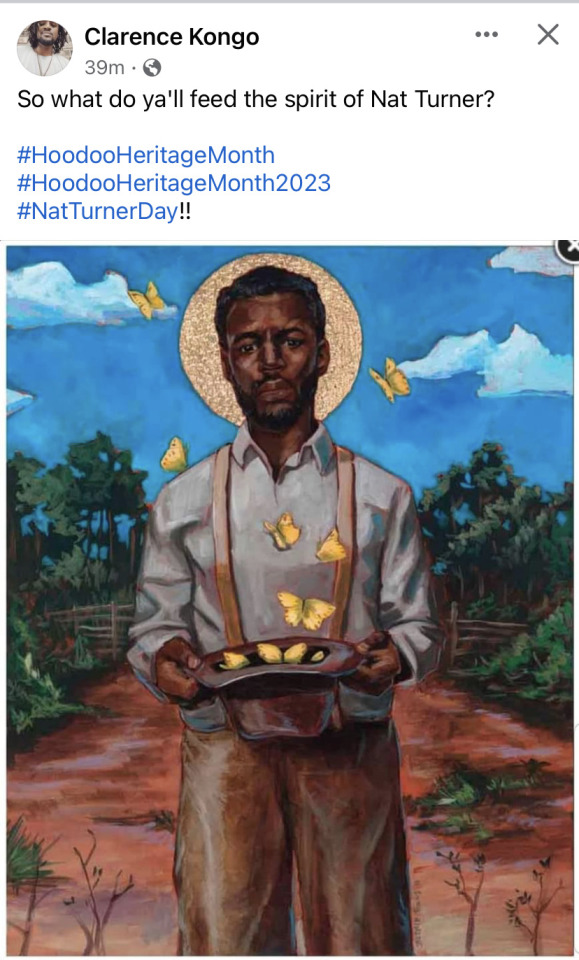
🖤🙏🏿🖤
#hoodoo#haitian vodou#voodoo#heritage#gullah geechee#florida#louisiana#new orleans#black tumblr#blacklove
30 notes
·
View notes
Text
Note: Emily Meggett died Friday, Apr. 21, 2023 at age 90 after a brief illness. In tribute to her, we're again sharing our 2022 profile of this queen of Gullah Geechee cooking.
Lots of home cooks would be excited to get a book deal. In the case of one home chef, she got that opportunity at the age of 89 years old. Emily Meggett is from the low country of South Carolina, and NPR traveled to her home on Edisto Island to appreciate some of her cooking.
Edisto Island is a beautiful, quiet community of about 2,000 people, nearly an hour's drive south of Charleston. The roads are framed by massive oak trees draped with Spanish moss; there's a tang of sea salt in the air. Ms. Emily Meggett is known far and wide as the matriarch of Edisto.
I'm with her in her cozy home kitchen, where she's going to teach me how to make a local classic: shrimp and grits with gravy. As she chops up some salt pork to get us started, she recalls the first thing she remembers making as a girl. "Grits!" she exclaims. "And the salt pork right here."
Ms. Emily is a member of the Gullah Geechee people. Her community can trace their ancestry to West and central Africans brought to these shores and enslaved. In insulated locations throughout the coastal areas of the Carolinas, Georgia and Florida, they managed to preserve much of their rich culture, language, and music.
52 notes
·
View notes
Text
17 notes
·
View notes
Text
My opinion on the term Soulaan/Soula as a nickname for African Americans(the ones that were here in America since slavery)
Here's a definition from @realbrwnsugar on tiktok: Soulaan/Soula people is another term for African American; descendants of American Slaves. The term was made because of it comes from parts of AA culture like "soul food, soul music, etc". SOUL(AA) N(nation).
Here's their TikTok of subgroups I featured.
There are also subgroups of American-descended slaves that would fit into the Soulaan definition like the:
Gullah, Geechee, Gullah Geechee
Mascogos(Black Seminoles who escaped to Coahuila, Mexico)
Louisiana Creole
Afro-Novas(American Slaves who escaped to Nova Scotia, Canada)
Afro-Seminole
Americo-Liberians (Slaves who were sent to the nation of Liberia)
Samaná Americanas(American slaves who immigrated to the Dominican Republic in 1824)
And probably many more considering American Slaves went wherever they could to escape slavery.
Here's my personal opinion; I like the term Soulaan/Soula as a nickname for African-American. It directly defines the specific group being talked about(Descendants of American Slaves), and there's no "Oh, we're technically this too!" going like with African-American(because anyone from Africa who's like a second-generation immigrant or whose mom or dad is American can also fit under the ethnicity term of African-American). Soulaan/Soula is solid and seems like a good solution for how to refer to ourselves as Descendants of American Slaves without the possible confusion of referring to someone who's more recently descended from Africa.
Yes, we are still African-Americans. Yes, we are still black, but we need a way to distinguish ourselves and our culture. Especially when the African-Americans solely aren't from Descendants of American Slaves anymore.
Anyway, feel free to add your opinion if you're Black American(descended from American Slaves)/Soulaan, or from the listed groups above.
#soulaan#soula#soulaani#black girls of tumblr#blackblr#african american#gullah geechee#feedback welcome#and#feedback appreciated#Also I do understand that it's mainly late millennial to gen z who like the term
16 notes
·
View notes